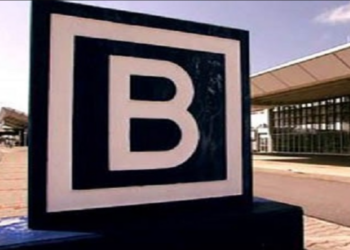Construction giant, Julius Berger, recently released its financial statements for the year ended December 2017. Revenue increased from ₦138 billion in 2016 to ₦141 billion in 2017. The company also made a profit before tax of ₦3.7 billion in 2017, as against a loss before tax of ₦1.4 billion in 2016.
Earnings per share for the group increased from ₦3.36 in 2016 to ₦3.61 in 2017. The company also declared a final dividend of ₦1 per share, a 27.7% payout ratio.
Nothing has changed
Julius Berger continues to rely on the federal and state governments for a large proportion of its contracts. Contract and other receivables rose from ₦92 billion in 2016 to ₦106 billion in 2017.
The company, however, admitted that it minimised credit risks through forward funding where necessary.
Why this is worrying
Reliance on government contracts leaves the company indirectly susceptible to swings in government revenue which is largely crude oil. The crash in crude oil prices in 2016 left both state and federal governments struggling to meet salary and wage obligations.
Unlike private entities that can easily be taken to court in the event of default, companies are often unwilling to take the government to court as this affects the likelihood of getting more contracts till the cases are dispensed.
FX losses are also key
The company is also left susceptible to FX risk through FX acquisition losses. ₦14.2 billion FX acquisition losses in 2016 led to the company making a ₦1.4 billion loss in 2016.
While the FX losses have reduced, they still remain significant. Further devaluation (no matter how slim) could have a negative impact on the company’s results.
Julius Berger Plc was incorporated on February 18, 1970 as a private limited liability company. It was converted to a public limited liability company and listed on the Nigerian Stock exchange on September 20, 1991.
The principal activities of the company are the planning and construction of all sorts of civil engineering works.
























